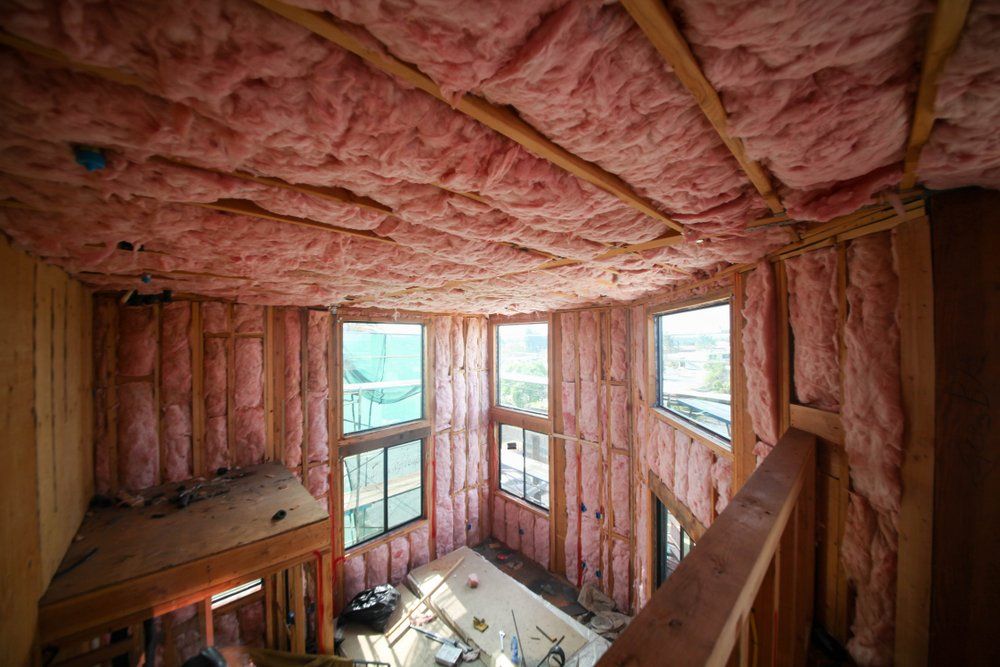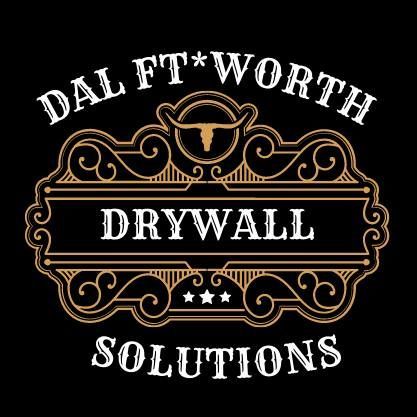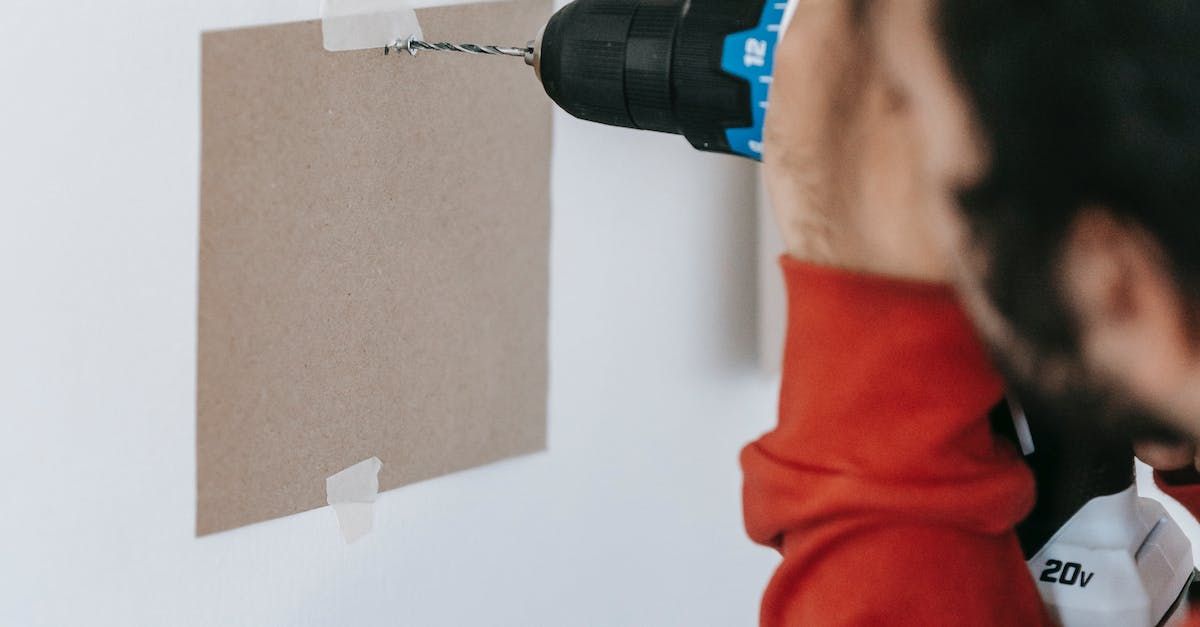Your Top Questions About Spray Foam Insulation Answered
Unlocking the Mysteries of Spray Foam Insulation: Your Burning Questions Answered
When it comes to home insulation, spray foam insulation has been gaining popularity for its superior performance and energy-saving benefits. However, many homeowners have questions about this insulation method. To shed light on the subject, we've compiled answers to some of the most common questions regarding spray foam insulation.

1. What is spray foam insulation?
Spray foam insulation is a type of insulation material that is applied as a liquid and then expands into a foam. It is typically made from a combination of two main components: polyurethane and isocyanate. When these components are mixed and sprayed onto a surface, they react and expand, creating a highly effective thermal barrier.
2. How does spray foam insulation work?
Spray foam insulation works by forming an airtight seal when applied to walls, ceilings, or other surfaces. This seal prevents the exchange of air between the inside and outside of your home, which helps maintain a consistent and comfortable indoor temperature. It also reduces energy loss and can lead to significant energy savings over time.
3. What are the types of spray foam insulation?
There are two main types of spray foam insulation: open-cell and closed-cell.
- Open-cell spray foam: This type of insulation is less dense and has a lower R-value (thermal resistance) than closed-cell foam. It is often used in interior applications and provides excellent sound insulation.
- Closed-cell spray foam: Closed-cell insulation is denser and has a higher R-value, making it more effective at insulating against both temperature and moisture. It is commonly used in exterior applications, such as roofs and walls, and provides structural reinforcement.
4. What are the benefits of spray foam insulation?
Spray foam insulation offers several benefits, including:
- Superior insulation: It provides one of the highest R-values of all insulation materials, making it very effective at reducing energy consumption and maintaining indoor comfort.
- Air sealing: It creates an airtight barrier that prevents drafts and minimizes heat loss or gain, resulting in lower energy bills.
- Moisture control: Closed-cell spray foam can act as a moisture barrier, reducing the risk of mold and mildew growth.
- Soundproofing: Open-cell spray foam is an excellent choice for reducing noise transmission between rooms.
- Longevity: Properly installed, spray foam insulation can last for the life of your home, with minimal maintenance required.
5. Is spray foam insulation safe?
When installed by professionals, spray foam insulation is considered safe. However, it's crucial to follow safety guidelines during installation, as the chemicals involved can be harmful if not handled correctly. Homeowners should not attempt to install spray foam insulation themselves but should rely on experienced contractors with the necessary training and equipment.
6. What is the cost of spray foam insulation?
The cost of spray foam insulation can vary depending on several factors, including the type of foam used, the size of the area to be insulated, and the region's labor rates. Generally, it can be more expensive upfront than traditional insulation materials like fiberglass or cellulose. However, the energy savings and long-term benefits often justify the initial investment.
7. Can spray foam insulation be used in existing homes?
Yes, spray foam insulation can be retrofitted into existing homes. It is commonly used to upgrade insulation in walls, attics, and crawlspaces. Retrofitting can improve energy efficiency and comfort in older homes.
8. Is spray foam insulation environmentally friendly?
Spray foam insulation can have environmental benefits due to its energy-saving properties. By reducing energy consumption, it can help lower greenhouse gas emissions associated with heating and cooling. However, it's important to choose a reputable installer who uses environmentally responsible products and follows proper disposal and recycling practices.
In conclusion, spray foam insulation is a versatile and efficient way to insulate your home. If you're considering this insulation method, it's essential to consult with a qualified professional to assess your specific needs and ensure a safe and effective installation. With the right approach, spray foam insulation can provide long-lasting comfort and energy savings for your home.




